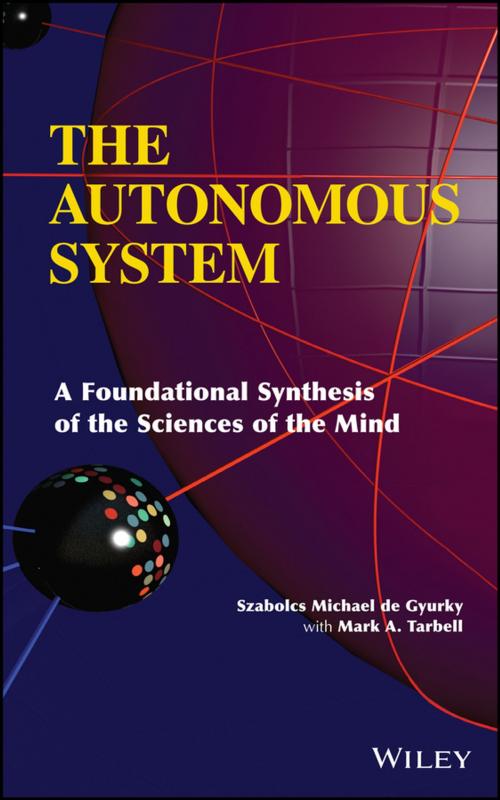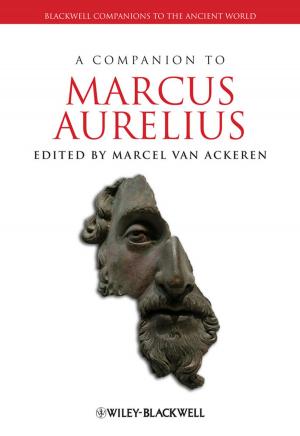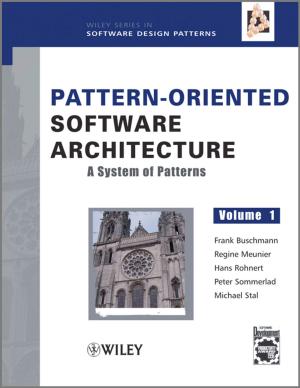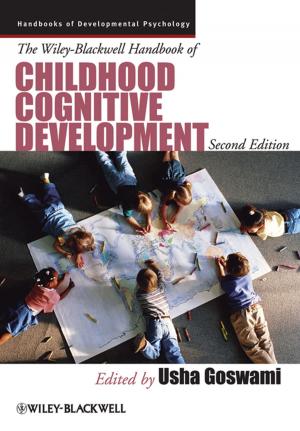The Autonomous System
A Foundational Synthesis of the Sciences of the Mind
Nonfiction, Computers, Advanced Computing, Engineering, Computer Engineering| Author: | Szabolcs Michael de Gyurky, Mark A. Tarbell | ISBN: | 9781118757406 |
| Publisher: | Wiley | Publication: | October 8, 2013 |
| Imprint: | Wiley | Language: | English |
| Author: | Szabolcs Michael de Gyurky, Mark A. Tarbell |
| ISBN: | 9781118757406 |
| Publisher: | Wiley |
| Publication: | October 8, 2013 |
| Imprint: | Wiley |
| Language: | English |
The Fundamental Science in "Computer Science" Is the Science of Thought
For the first time, the collective genius of the great 18th-century German cognitive philosopher-scientists Immanuel Kant, Georg Wilhelm Friedrich Hegel, and Arthur Schopenhauer have been integrated into modern 21st-century computer science.
In contrast to the languishing mainstream of Artificial Intelligence, this book takes the human thought system as its model, resulting in an entirely different approach. This book presents the architecture of a thoroughly and broadly educated human mind as translated into modern software engineering design terms.
The result is The Autonomous System, based on dynamic logic and the architecture of the human mind. With its human-like intelligence, it is capable of rational thought, reasoning, and an understanding of itself and its tasks.
"A system of thoughts must always have an architectural structure."
—Arthur Schopenhauer, The World as Will and Presentation
The Fundamental Science in "Computer Science" Is the Science of Thought
For the first time, the collective genius of the great 18th-century German cognitive philosopher-scientists Immanuel Kant, Georg Wilhelm Friedrich Hegel, and Arthur Schopenhauer have been integrated into modern 21st-century computer science.
In contrast to the languishing mainstream of Artificial Intelligence, this book takes the human thought system as its model, resulting in an entirely different approach. This book presents the architecture of a thoroughly and broadly educated human mind as translated into modern software engineering design terms.
The result is The Autonomous System, based on dynamic logic and the architecture of the human mind. With its human-like intelligence, it is capable of rational thought, reasoning, and an understanding of itself and its tasks.
"A system of thoughts must always have an architectural structure."
—Arthur Schopenhauer, The World as Will and Presentation















